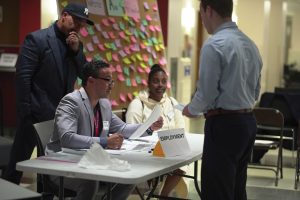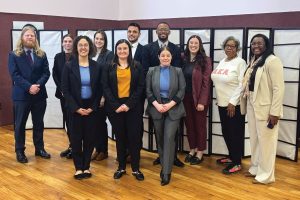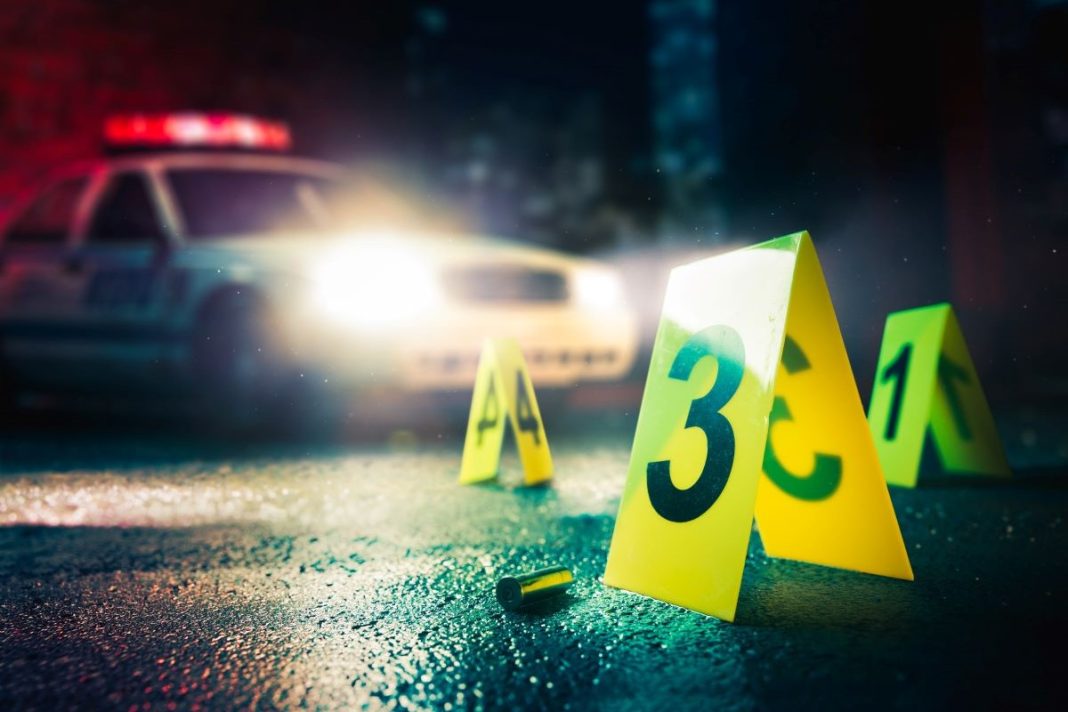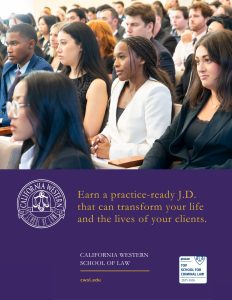From reentry clinics to criminal justice reform, students are confronting the legal system’s toughest challenges and finding purpose in the process.
Criminal law demands sharp instincts, strong ethics and a steady hand under pressure. Whether working in prosecution or defense, students entering this field must be ready for high-stakes cases that can shape or even save lives.
Criminal law calls for a deep understanding of legal procedure, constitutional rights and the human stories behind each file. It’s not for the faint of heart. But for those called to serve, it offers a chance to fight for fairness, uphold the rule of law, and make a lasting impact on people and communities.
The following law schools earned a place on our Criminal Law Honor Roll, recognized for the strength of their programs. Following the list, you’ll find the latest developments and news from criminal law programs at these various law schools.
Top law schools for criminal law

Rutgers Law School deepened its commitment to criminal justice education with two impactful initiatives in 2024. In November, the Criminal and Youth Justice Clinic hosted “The Hard Road Home: The Reality of Reentry,” an immersive simulation where students and community members experienced the barriers facing people returning from incarceration. Formerly incarcerated actors portrayed figures such as parole officers and landlords, and Damon Venable of the New Jersey Office of the Public Defender delivered the keynote.
The law school also launched the Criminal Defense & Advocacy Clinic (CDAC), which provides free legal representation in Camden County municipal courts. Third-year students handle real cases under the supervision of longtime defense attorney and clinic director Professor Jessica Frisina, gaining hands-on experience advocating for clients in the criminal legal system.
University of California, Berkeley, School of Law expanded its experiential offerings with a new first-year clinic launched through the Policy Advocacy Clinic. Co-led by students Euni Lee and Jacob Bendicksen, the clinic brought together 12 law and public policy students to support the Vera Institute of Justice.
Students conducted legal and social science research and developed advocacy materials to help Vera oppose California legislation that could worsen outcomes in the criminal legal system, focusing on bills related to retail theft, diversion and bail reform.
Indiana University Robert H. McKinney School of Law offers a Reentry Legal Clinic where students lead efforts to support clients under correctional supervision. Under faculty guidance, they handle expungements, license reinstatements and employment issues, often presenting cases in federal reentry court and helping clients earn early release.
The clinic combines hands-on legal work with community outreach, giving students courtroom experience and a chance to lead real-world advocacy for second chances.
The Ohio State University Moritz College of Law continues to lead in criminal justice reform through its Drug Enforcement and Policy Center (DEPC). The center was established in 2017 and produces interdisciplinary, evidence-based research, education and public engagement on the societal impacts of drug laws and enforcement, including the evolving landscape of marijuana policy and criminal justice reform.
In its work across the nation and state, DEPC shapes public discourse, informs policymaking, and delivers programming on critical issues such as opioids, psychedelics and marijuana regulation. The center also hosts diverse events and produces reports that offer policy analysis to support reform efforts.

Drake University Law School has expanded the scope of its Criminal Defense Clinic to include expungement and employment barriers work. Students now help clients eliminate or reduce court debt, arrange payment plans and restore driving privileges alongside their traditional trial casework.
In Spring 2025, the clinic partnered with Iowa Legal Aid to host an MLK Jr. Day Expungement and Employment Barriers Clinic, resulting in 57 expungements across 14 counties. The work will continue with events planned for Cady Day of Public Service in October 2025 and MLK Jr. Day in 2026. The initiative is led by Professor Colleen Cullen, director of the Criminal Defense Clinic.
University of Utah S.J. Quinney College of Law offers an innovative course called Crimmigration, which explores the complex intersection of criminal and immigration law. Students examine how criminal convictions impact immigration status, while also engaging with broader issues like detention, enforcement, border security and reform.
The course combines legal doctrine with policy analysis, giving students a nuanced understanding of a fast-evolving area of practice.
University of St. Thomas School of Law – Minneapolis is advancing second-chance and restorative justice through faculty and student leadership. Professor Mark Osler is a founding member of the new Federal Expungement Initiative, a national effort to create a comprehensive process for clearing nonviolent federal offenses. Meanwhile, students in the Federal Commutations Clinic helped amend Minnesota’s Victims’ Rights statute to allow crime victims and their families to opt in for notification if an offender submits an apology letter. Together, these efforts reflect the school’s commitment to reform and healing.
Benjamin N. Cardozo School of Law, Yeshiva University launched the Center for Immigration Innovation in Fall 2025, creating a new hub for immigration education, advocacy and research. The center brings together three major components: the Kathryn O. Greenberg Immigration Justice Clinic, the National Immigration Habeas Institute and the Immigration Research Institute. Together, they offer students hands-on opportunities to support immigrants’ rights while advancing policy and legal scholarship.
Northeastern University School of Law launched the Virtual Legal Advocacy Clinic (VLAC) in Spring 2025 to serve students in its FlexJD hybrid program. The clinic offers fully remote, hands-on experience in client advocacy and legal services.
In its first phase, VLAC students worked with doula birth support businesses, helping clients navigate liability, business structure and contract review, gaining real-world skills in a virtual setting while supporting underserved entrepreneurs.
Methodology
preLaw magazine grades law schools based on the breadth of their curricular offerings. The scores are figured as follows: 30% for a concentration, 24% for a clinic, 12% for a center, 12% for an externship, 9% for a journal, 8% for a student group, 5% for a certificate and added value for additional offerings.



